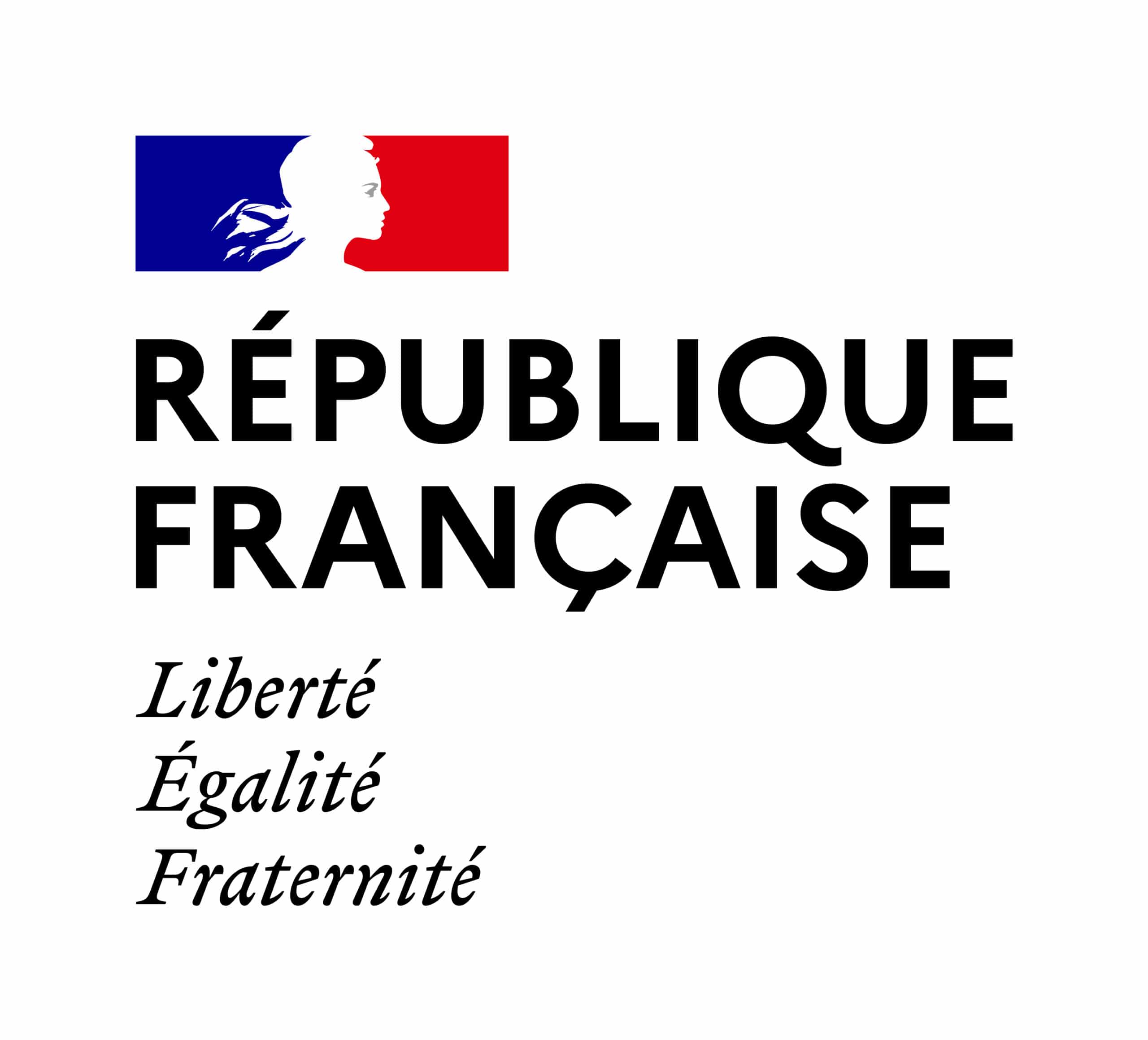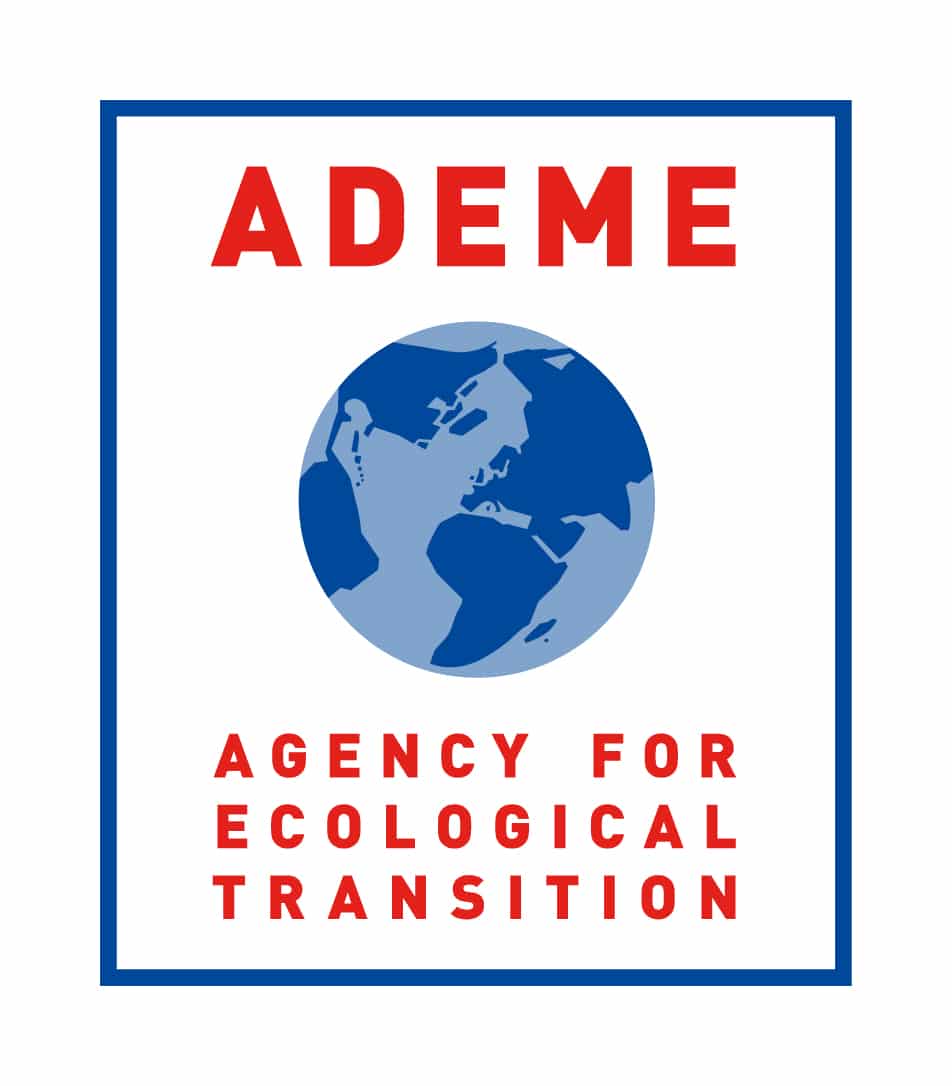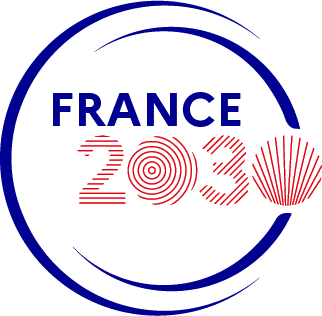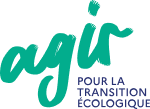Sharing our expertises
We assist all stakeholders by providing recognised, objective, ambitious, open and territorial expertise.
We share our environmental, scientific, economic, social and behavioural expertise with the State, local authorities, companies and individuals to help them make the ecological transition.
In this page:
Recognised expertise
ADEME is the French government’s agency providing expertise for the ecological transition. We derive our legitimacy from the objectivity and impartiality we have demonstrated since our creation in 1991. Through a systemic approach that is both collective, transversal and prospective, we address all the issues related to the ecological transition. We consolidate our expertise on a daily basis, based on studies, research projects, innovations and feedback from the field actions that we support.
Finally, we are recognised for our ability to anticipate, to clear uncharted territory and to listen to weak signals in order to envisage, explore and evaluate new modes of action even before they reach the political agenda.
Ambitious expertise
ADEME advances knowledge and participates in the development and implementation of public environmental policies, such as the 2020 Environmental Regulations for buildings, the Mobility Orientation Law, the 5th period of Energy Savings Certificates, and the anti-waste law for a circular economy. The aim is to achieve carbon neutrality by 2050 and reduce the impact of humans on their environment, while seeking to turn this transition into an economic opportunity. Our approach also aims at a more cohesive, equitable and harmonious world. As such, it is part of France’s roadmap for Sustainable Development Goals (SDGs).
Our expertise covers the following 8 areas of intervention:
- Climate change
- Air and mobilities
- Energies
- Sustainable production
- Sustainable urban planning
- Agriculture and forestry
- Circular economy
- Buildings
In these areas, we conduct studies on the evolution of consumption patterns, the environmental impact of ecological transition technologies and the economic and social conditions for their implementation. For example, we are developing a new method to simply assess the environmental impact of projects supported by the agency. In addition, we are committed to designing and enriching interoperable databases, such as the Base Carbone and Agribalyse. Finally, we participate in the funding of research, innovation and observatories and support resource centres that facilitate the commitment of stakeholders.
To share the fruits of our expertise with all our audiences, we publish numerous documents: reports, guides, opinions and positions, for example, on energy storage, the carbon balance of wood energy, carbon neutrality and digital technologies.
Open expertise
ADEME advocates collective expertise that is open to people, organisations, ideas and innovation. On the one hand, we pay considerable attention to the expertise of our network of partners and to the feedback from actions carried out in the field. On the other hand, we are responsive to the expectations of our supervisors, local authorities and socio-economic players, and to the solutions that are being developed in France and around the world.
Cooperation with other players in the ecological transition in France, Europe and internationally is an important part of the agency’s work. In this respect, we encourage public and private expertise ecosystems. We thus support the organisation of numerous conferences promoting exchanges between companies and local authorities in the fields of ecological transition.
Library
Our publications and studies, magazines, practical guides and opinions can be viewed and downloaded online.
Territorial expertise
ADEME is deploying the ecological transition throughout France. Thanks to a network of proximity based on 26 local branches, we are as close as possible to local realities and major innovation research centres. We are all the more supportive of the rise in skills of public and private stakeholders and their move to action towards a more sober, supportive, job-creating, humane and harmonious society.
The linkage between the headquarters and regional directorate teams strengthens the ability to act in the territories and contributes to coherence between the policies of the State and those of local authorities and companies. Indeed, the objective is not so much to transpose a single model as to give each territory the means to build its own energy-climate-circular economy strategy.





